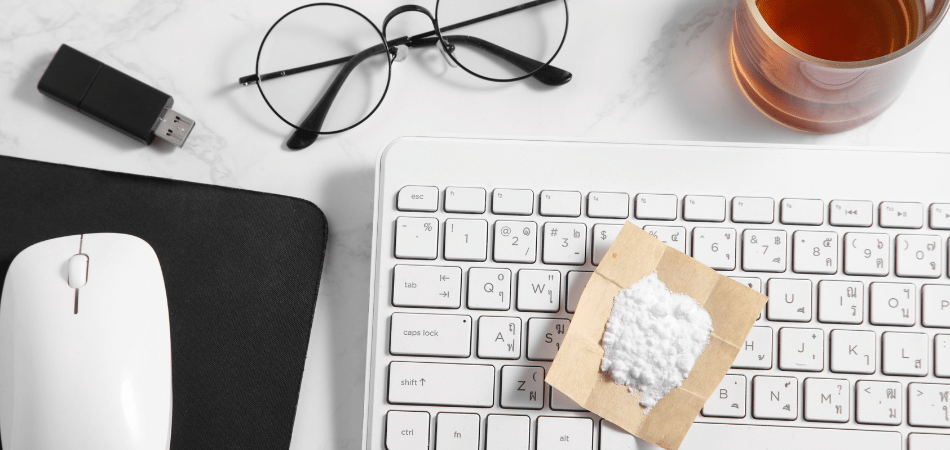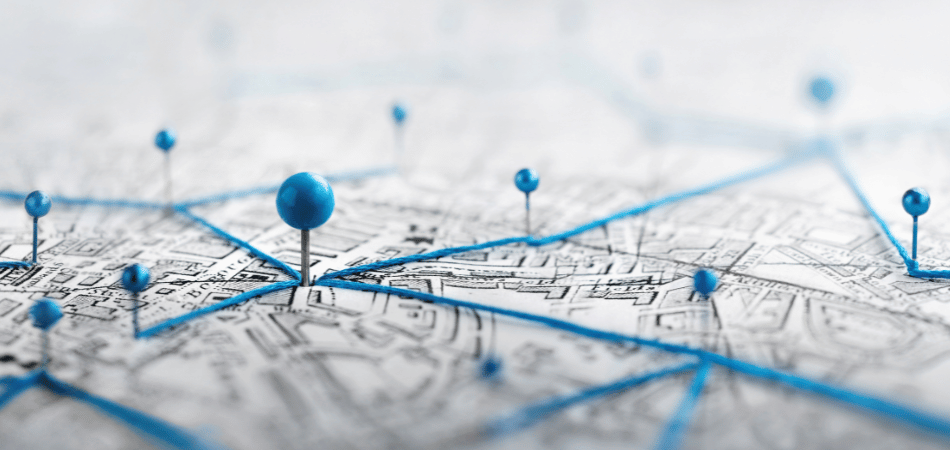Last Updated:
February 28th, 2025
Cocaine is the second most used illicit drug in the UK – 2.4% of people aged 16 to 59 in the UK have used it in the last 12 months. Widespread, easy to access and socially acceptable in some circles, many people do not consider their cocaine usage to be problematic.
However, there’s a wide range of negative effects from cocaine – both to the user and also to those around them, including many factors that most people don’t consider.
We’re going to take a look at how cocaine use impacts those around you – your partners, families, friends, communities, and even wider society.
Relationships
Studies suggest that the effect of cocaine on intimate relationships is bidirectional. Researchers looked at married people in addiction treatment, and found that the closer you are with your partner, the better your outcome will be. People who said their relationship with their spouse was close had the biggest decrease in substance use over the length of the 35 week study. This is a great example of how supportive relationships are critical for long term recovery.
Conversely, cocaine use is capable of damaging even close, trusting relationships. Due to cocaine’s effect on impulsivity, paranoia and aggression, cocaine is associated with an increased risk of domestic violence. A pilot study by police in Deeside found that 59% of perpetrators arrested for domestic violence tested positive for cocaine or opioids.
As well as the devastating effects of violence, cocaine can cause breakdowns in relationships due to the behaviours associated with addiction – secrecy, prioritising spending money on the drug, and prioritising time spent using cocaine over time with your partner. Getting cocaine addiction help is one of the best things you can do for your relationship – and a strong relationship is beneficial to getting off cocaine.
Children
Growing up in a household where someone has a substance misuse disorder is considered an adverse childhood experience, or ACE. Children who experience ACEs are at a higher risk of developing a range of problems in adulthood, as going through these difficult experiences can change brain development and how the body responds to stress. Some outcomes associated with ACEs include chronic health problems, mental health problems and substance misuse.
Growing up with a family member or caregiver experiencing cocaine addiction is considered an ACE because of the many ways it impacts the behaviour and physical and mental health of the family member. Growing up in an unstable or erratic environment is extremely stressful, and even less extreme effects, such as poor communication and secrecy, can impact a child.
Addiction is heritable – which means if someone struggles with addiction, the risk of their child also struggling later in life is higher. However, it isn’t clear whether this is because of a genetic predisposition to addiction or if this is due to the stress of having a family member in addiction.This means cocaine addiction treatment is one of the best things you can do to decrease the risk that your child goes on to experience an addiction of their own.
Friends
You may feel that cocaine has a positive effect on your friendships. This is because cocaine is stimulating, and makes you feel more sociable, chatty and able to strike up conversations with others.
However, with chronic cocaine use, these friendships can become increasingly shallow, and ultimately, cocaine abuse can damage your friendships. Studies have found that chronic cocaine use is associated with reduced empathy and fewer friendships. Cocaine also impairs judgement and reasoning, meaning the more you take it, the more you may struggle with figuring out how to get off cocaine. This can become a vicious cycle – as the addiction deepens, people can experience more social isolation and turn to cocaine for solace, making the situation worse and decreasing the likelihood that someone reaches out for cocaine help. Friends who don’t use substances may not understand the signs of a cocaine addict or know how to help a cocaine addict, and this can cause distance between you and loved ones who do not understand cocaine addiction.
Workplace
Like intimate relationships, having a job increases the likelihood that you will beat your cocaine addiction. A study on people in cocaine rehab found better outcomes for people who were employed at the end of the study than people who weren’t. Cocaine use doesn’t affect wages, but it does affect employment, with cocaine users being less likely to be employed.
Having a cocaine addiction can make it significantly harder to hold down a job. Being impaired by any substance at work can affect your ability to do your job, but in cocaine’s case, its ability to impair empathy and its risk of increasing impulsive and erratic behaviour puts you at significant risk of job loss if your cocaine addiction has become severe enough that you’re using it at work. People who test positive for drugs at work have a much higher rate of workplace accidents. Cocaine use also puts you at a higher risk of run-ins with the law and legal problems, which can impact your ability to get a job.
Wider society
Cocaine affects wider society via violent crime and strain on health services. Cocaine use is associated with an increased risk of violent crime, which affects both the user, who is more likely to face legal troubles and the victims of the crime.
Despite cocaine usage remaining relatively stable in recent years, hospital treatment for cocaine usage doubled in 2018. This is worrying for users and indicates that increased purity in street cocaine is leading people to experience more health problems despite the society-wide intake of cocaine not increasing. This also puts pressure on an already strained NHS. The health risks of cocaine addiction and overdose are extremely serious – cocaine is extremely hard on the cardiovascular system – and treating the negative health effects of cocaine takes a lot of resources, which hospitals are currently lacking.
Global impact
Cocaine usage doesn’t just affect the people around you – the effects are felt on other continents. All drugs can be harmful to the user, especially when a person becomes addicted to them, but cocaine is one of the most extreme examples of a substance where the production of it causes devastation to the people in the countries where it’s produced.
Most of the world’s cocaine comes from coca plants in Colombia, Peru and Bolivia. The West’s insatiable appetite for cocaine causes many problems for these poorer countries, and for the countries that the cocaine has to move through to get to the buyers.
Forests are cleared to cultivate the coca plant, meaning native plants and forest ecosystems are devastated to grow the crops. This deforestation isn’t unique to coca – many other crops, such as soybeans, have been responsible for destroying huge amounts of forests in South America – but coca is not a necessary crop and is grown solely to synthesise into cocaine.
Because cocaine can generate a lot of money, gangs have arisen to profit from its production and sale, and governments in the region have responded – first by heavy-handed policing, then by all-out wars on the drug gangs. Curfews on innocent people, injuries, violence and murders have followed in the wake of these wars between gangs and governments, all fuelled by the demand for cocaine in other countries.
The bottom line
The decision to stop using cocaine is a difficult and brave one – and the effect cocaine usage has on others can be a major factor in deciding to do so. Reaching out for help via cocaine detox and engaging in the work of recovery is hugely positive for you – and for the people you love.







